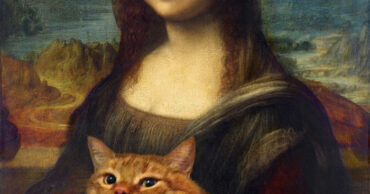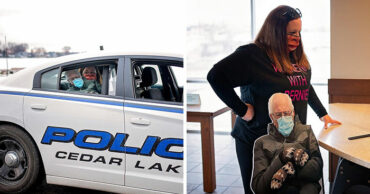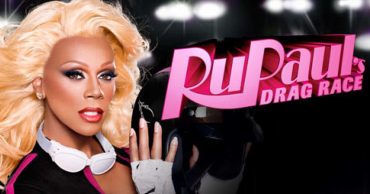Hemlock Grove was like a cruel fairy tale. A fairy tale that confirmed what we had been thinking all along: the world is a cruel and terrible place full of monsters waiting to pounce
I think a lot of people missed the point of this gothic mess of a gorgeous fable. Perhaps the bizarre and nutty things running rampant through the tale, finding it too overwhelming and unrealistic overwhelmed them. But our world is filled with madness, and we choose to close our eyes and stay safe in our comfort zones. All the “real” monsters in Hemlock Grove exist in our world too. Metaphorically and literally
American Professor Mark Edmundson says: “There is something to gain in accepting the harsh familiar belief that the world is infested with evil, that all power is corrupt, all humanity debased and that there is nothing we can do about it.” Monsters infuse our normal world. We do have mad scientists bringing back the dead, doing evil and cruel experiments on living beings, making us believe Frankenfoods are safe. We do have bizarre religious orders that cover up, among many other things, horrific sex crimes against children. We have hugely dysfunctional families. And we have too many young girls and women being murdered.
Aye, there is the rub.
Hemlock Grove, rife with such potential had to degenerate into a misogynistic cliché. SPOILERS AHEAD. Olivia Godfrey (Famke Janssen), the haughty beautiful Patrician matriarch literally is a devouring mother figure, a so-called Upyr, the most lethal kind of vampire, according to Russian folklore, the kind that can live in daylight. Not only do they eat their victims, but the children of their victims too. Letha, the supposed virgin impregnated by an angel, dies while giving birth. The angel turns out to be Roman, but only Letha, the young virgin must die. Roman is forgiven for his transgressions; indeed, he is rewarded by becoming the King, the new leader. Christina Wendall (Freya Tingley) the curious little intellectual, the Little Red Riding Hood who wanders off the path, only to discover a young girl cut in half, is punished as well. She is the killer but she also dies. Shelley, our Gothic heroine who never had a voice nor the outward beauty, kills her. Shelley is shot, and much like Frankenstein’s monster, flees into the woods away from her tormenters. Her fate remains ambiguous.
Are you seeing the pattern here? Let us not forget Chasseur is also killed, perhaps punished for being a lesbian. Which of the women are left alive? The docile quiet ones whom we never saw much of, like Dr. Godfrey’s wife. I can’t even remember her name.
I was very disappointed that this fairy tale, this dreamy fable copped out and took the path of least resistance, catering to our cultural pathology. If those three young women were not just recently rescued from a basement in Cleveland, Ohio, maybe I would not be so disappointed. But all this just serves to remind me that, while we fear what is different the most, we ignore domestic terror. The monster is always familiar and always with us.
 Follow Us
Follow Us






Ridiculous article. Because most of the women who were not the star characters btw were killed the show and it’s writers must be misogynist. The only true main characters are Roman and Peter and in stories like this everyone else’s fate is left up in the air. Olivia had to die for Roman to be free, Christina was evil and let it consume her (please don’t defend her because she wanted to write), and Letha was the shocker, the tragedy that hit both families. I do hope you spend as much time writing about or to those authors of romance novels you know the ones that objective men and tell them what they are doing is wrong.
I agree with Tina…this article is very misguided. Cliches abound in this series, such as Shelly’s character, but I believe they’re supposed to! I don’t think the characters are as one dimensional as you think either. None of the characters are really totally good or bad, although some are more ‘evil’ than others, like Olivia.
I guess you’re upset because the men all lived? They weren’t targeted? Christina was upset/jealous of the girls she killed. However, it didn’t really make sense when she killed Jenny…the story was not perfect. That’s besides the point though. Letha was a hero in the end, she saved Peter’s life. Too bad Peter couldn’t return the favour, I guess she had more power in some ways. So did Peter’s cousin, she was an important, knowledgeable character.
Anyway, I think you should rethink your original assessment of series. I admit it had a few misogynistic lines, but the series itself was not. You have to pay attention to all the perspectives though.
I have just finished watching season 1 of HG and I could not agree more with what the writer has expressed in this article. Extremely disappointing show, sooo many missed opportunities to suck less than what it does.